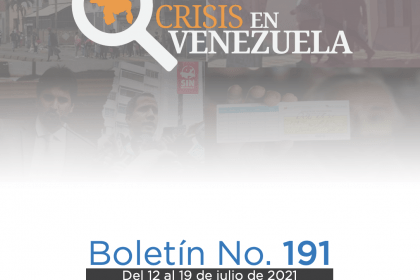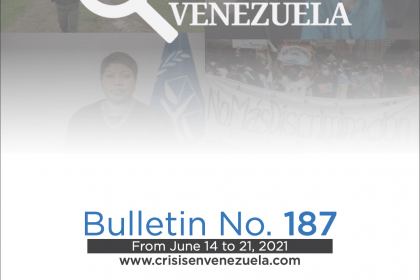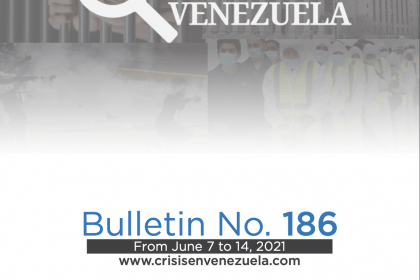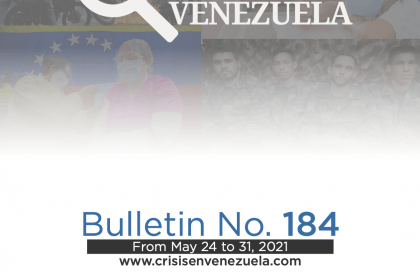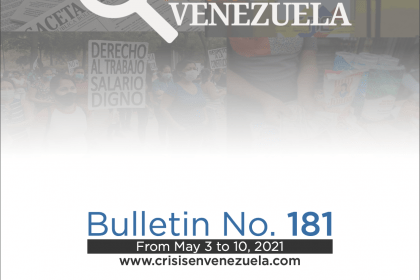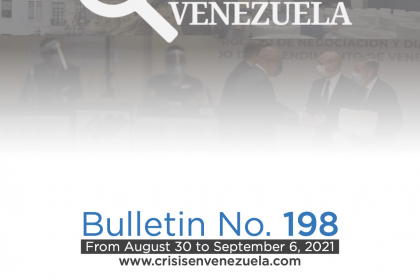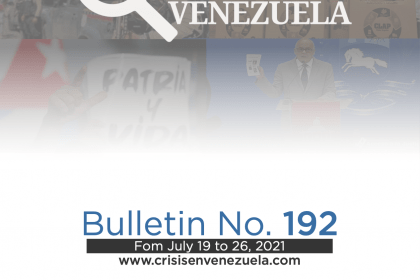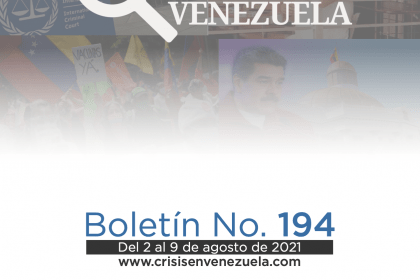When talking about the Complex Humanitarian Emergency, there’s a profusion of statistical data that are overwhelming due to their power, such as the increase of hunger in the country up to a severe level, according to the most recent report of the Food and Agriculture Organization of the United Nations (FAO) and the World Food Program (WFP), as well as the permanent difficulties for accessing drinking water, electric power service or cooking gas.
All of these aspects are the causes for which over 7 million Venezuelans have been forced to emigrate due to the loss of their livelihoods in the country.
In spite of the magnitude of these figures, nothing is said regarding personal suffering of most of the Venezuelan people who has had to face hostile life conditions. We know little about how they’ve changed life and perceptions facing the convergence of these multiple crises upon everyone’s life.
The concept of anthropological damage refers to this, to the difficulties that Venezuelans face and how they’ve affected their daily lives and their life projects. Up until now, the concept has been proposed as a form of broadening the understanding of the effects of the serious economic, social and political crisis.
The new study, Psico Data Venezuela, published by the Universidad Católica Andrés Bello on March 1st, 2023, shows us empirical data for the first time on the effects of this crisis, the population’s beliefs and attitudes. A concern, sadness and anger average of 17.74 (out of 26) was obtained, the personal sense of control average was 30.15 (out of 39), 81% think that people can’t be trusted, and the main cause of stress is due to economic problems.
The scenario this new survey shows us is a society that, while focused on its search for survival, has witnessed how mistrust has increased, only counting on family support and, there’s a widespread perception that we have no control over what happens to us because of the massive hazardous effect of a situation that has no respect towards people’s rights.
The restitution of the economic, social and cultural rights and heeding the causes of the Complex Humanitarian Emergency will allow Venezuelans to reclaim their dignity and freely undertake their life projects.
In the context of the current crisis in Venezuela, human rights organizations maintain a continuous effort to record and document the systematic violations of civil, political, economic, social and cultural rights of the population in order to accompany the victims and give visibility to these violations before the national and international community.
In this sense, the Crisis in Venezuela bulletin emerges as a weekly space in which, as a human rights movement, we bring together the situations that currently reflect the humanitarian crisis that Venezuela is going through.
The Crisis in Venezuela newsletter ESPAÑOL | ENGLISH

